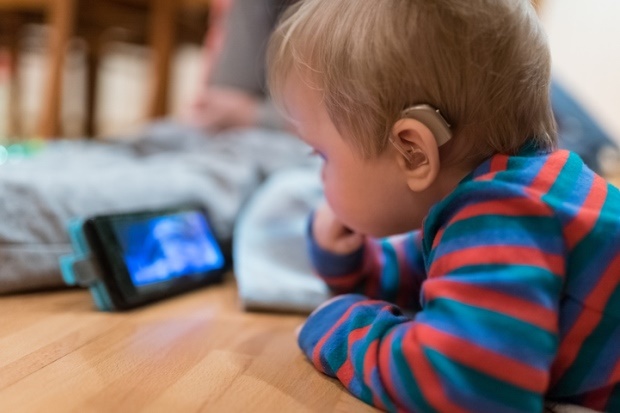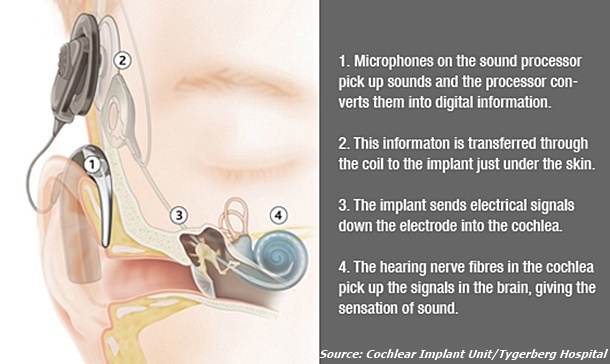If an infant has hearing loss, it can affect the child's ability to develop speech, language and social skills, the US Centers for Disease Control and Prevention says.
An infant's first hearing screening is recommended typically within the first month of life.
Even if the child passes the initial screening, the CDC recommends watching for signs of hearing loss. These signs may include:
- The child does not startle at loud noise.
- The child does not turn to the source of a sound at six months of age or later.
- The child does not say single words, such as "dada" or "mama" by age one year.
- The child turns their head when they see you, but don't if you only call their name.
- The child seems to hear some sounds, but not others.
Take this quiz if you're concerned about your hearing.
Recommended screening technologies
In a previous Health24 article, the HPCSA (Health Professions Council of South Africa) recommends that infants' hearing be tested before the age of six months.
Newborn hearing screening is offered at private health facilities, but it is not universal at public hospitals.
Recommended screening technologies include oto-acoustic emissions (OAE), which assess cochlear (inner ear) functioning, and auditory brainstem responses (ABR), which record neural activity in response to sounds. The tests are accurate and take one to three minutes to perform.
At a very early age the infant could, however, fail the screening test because they may still have amniotic fluid in the ear canal. It is not something that you can remove with an ear bud. During a re-screen, the exact same test is performed, which is well worth the effort.
What treatments are available?
Your baby's hearing loss may not be reversible, but there are a number of options available to help them hear as much as possible.
Babies can wear a hearing aid, a small electronic device behind the ear that amplifies sound.
But in the case of profound hearing loss, cochlear implants may be the only solution. In 2016, South African baby, Neave Barrett, was one of the youngest in the world to receive a cochlear implant to give her the gift of hearing.
How a cochlear implant works




 Publications
Publications
 Partners
Partners

















